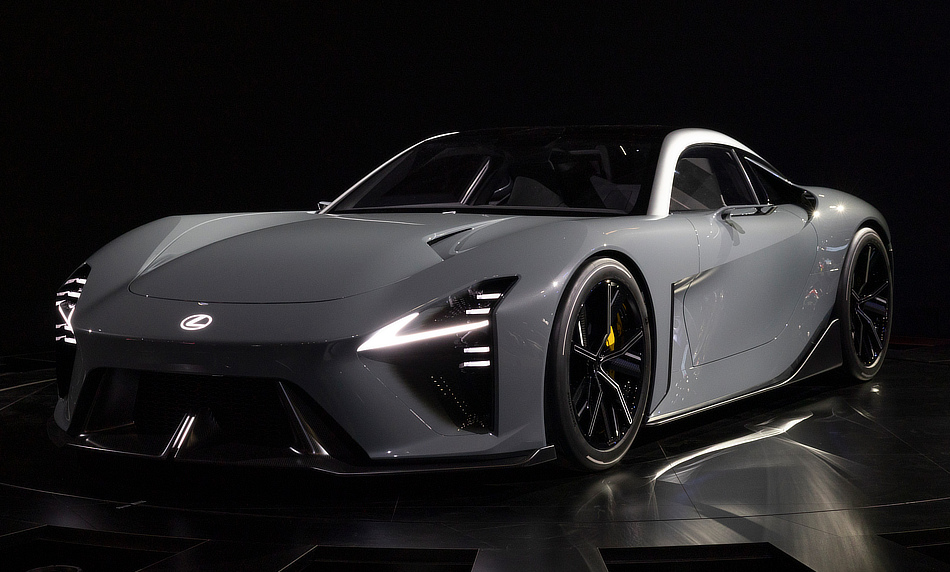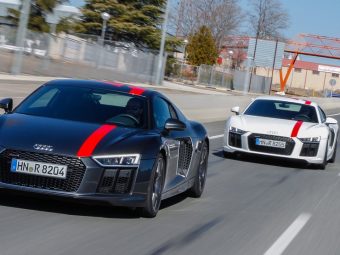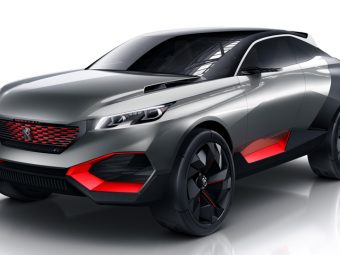At the Tokyo Motor Show, Lexus finally pulled the wraps off the Lexus Sport Concept full both inside and out. The cabin features a right-hand-drive layout with a futuristic yoke-style steering wheel and a cockpit that’s unapologetically driver-focused.
A digital gear display hints at a flexible powertrain strategy — possibly an artificial gear-select system for an EV or a conventional setup for a hybrid or combustion variant.
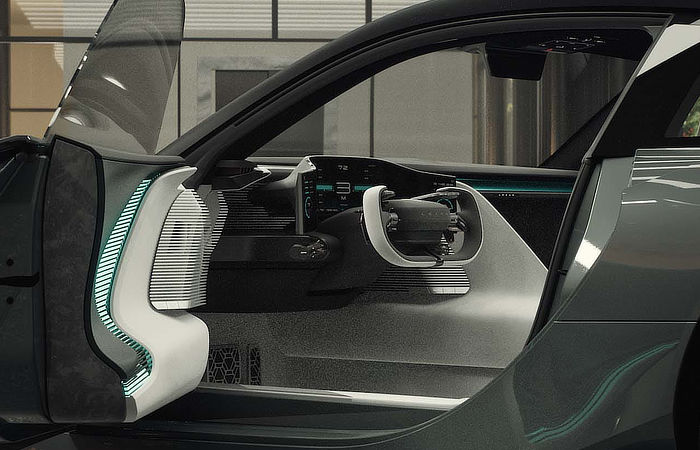
And for those seeking peak performance, an F-Mode button teases the return of Lexus’s fiercest driving dynamics.
Low, wide, and sculpted with intent, the two-door concept “blends dynamic and emotional elements into a vision for a next-generation sports car.”
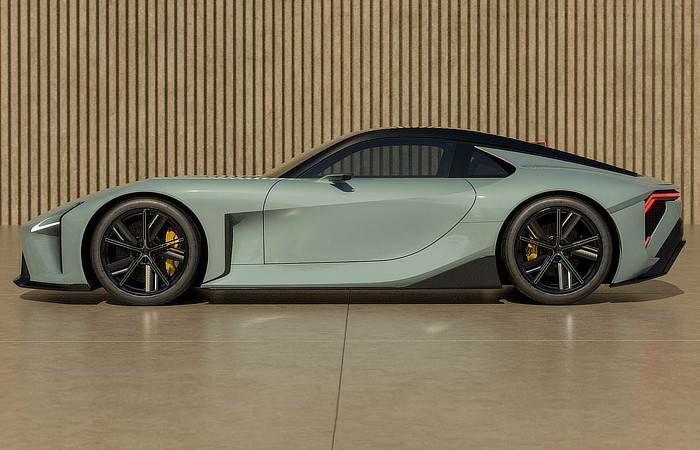
Many see it as a glimpse of what could succeed the LC500, the brand’s long-standing grand tourer now approaching the end of its product cycle.
Powered By Solid State Battery Tech?
The Lexus Sport Concept could be powered by Toyota’s upcoming solid-state batteries (SSBs), marking a major leap for electric vehicles, offering higher energy efficiency, lighter weight, and more compact packaging.
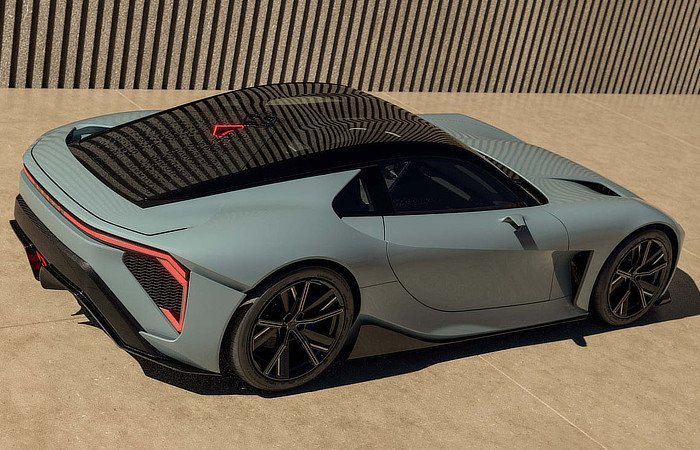
The technology promises up to 1,200 kilometres of range per charge, significantly improving driving autonomy and everyday usability.
Production is set to begin gradually in 2028, with initial applications reserved for premium and performance models due to high early production costs.
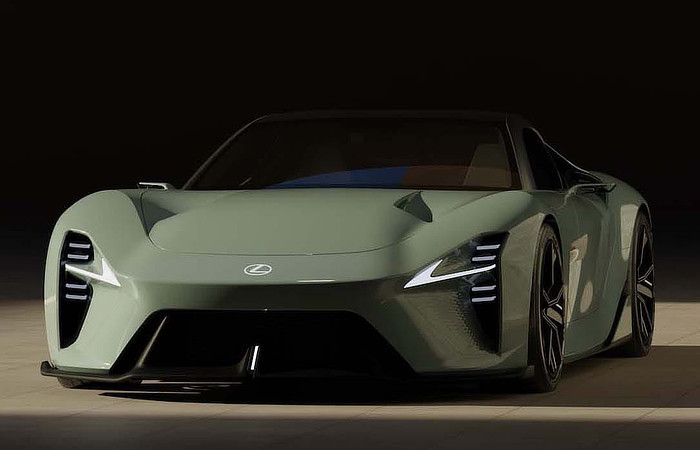
Solid-state batteries offer key performance advantages, including lighter packs that enhance handling and deliver stronger power output.
If realized in mass production, the gains in efficiency, performance, and environmental impact could make solid-state batteries a defining breakthrough in next-generation EV design.
